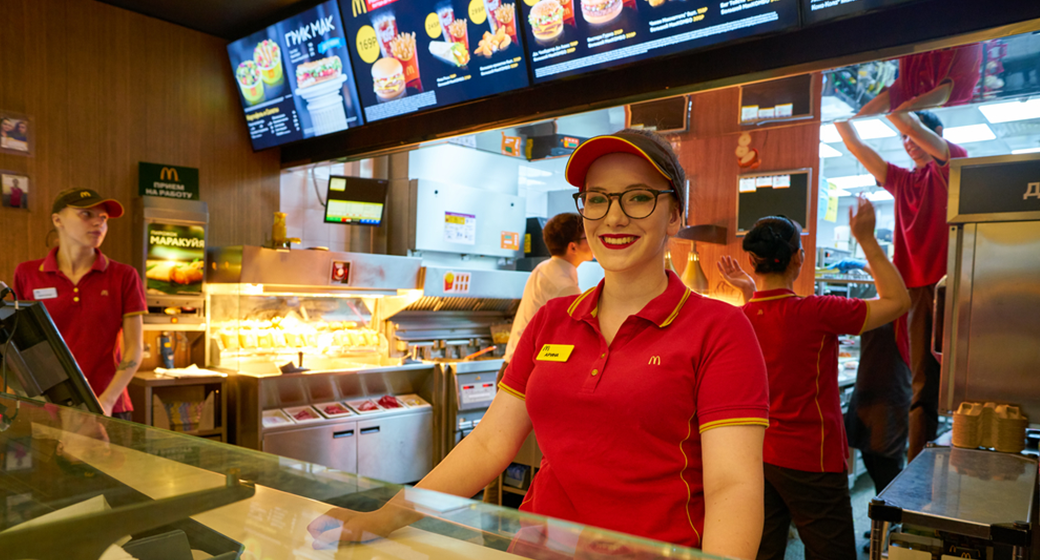
-
Posted By Sirmabekian
-
2024
-
0 Comments
As April 2024 approaches, a significant change is set to revolutionize the fast-food industry in California. The state government has announced that the minimum wage for fast-food workers will be raised to $20 per hour. This development not only highlights California’s commitment to supporting low-income workers but also sets a new benchmark for wage standards across the country.
A Groundbreaking Increase
For years, fast-food workers have campaigned for higher wages that reflect the cost of living, especially in a high-cost state like California. The decision to increase the minimum wage to $20 marks a pivotal shift in these efforts. This rise is expected to affect thousands of workers, boosting their earning potential and providing a more stable financial footing.
The new wage policy is part of a broader strategy aimed at reducing income inequality and enhancing the quality of life for many Californians. By setting this new wage threshold, the state acknowledges the essential role that fast-food workers play in the economy, especially considering the demanding nature of their jobs and the long hours many of them put in.
Implications for Workers
The impact on workers is profound. Earning a higher wage means more than just increased monthly earnings; it translates into better living conditions, improved access to healthcare, and the ability to save for future needs. For many workers, this increase could mean the difference between just scraping by and having the financial freedom to invest in their education or support their families more comfortably.
Furthermore, this wage increase could lead to greater job satisfaction and lower turnover rates in the industry. Workers who feel fairly compensated are more likely to stay with their employers and perform better, which benefits the entire operational chain from staff morale to customer service.
Effects on the Fast-Food Industry
While this wage increase is a win for workers, it also poses challenges for the fast-food industry. Restaurant owners and franchisees will need to adjust their business models to accommodate higher labor costs. This might lead to increased menu prices or changes in staffing strategies, such as leveraging more automated solutions to maintain profitability.
However, these changes can also foster innovation within the industry. By reducing reliance on manual labor, businesses might explore new service delivery methods, including enhanced digital ordering systems and more efficient kitchen operations. Additionally, higher wages could reduce the frequency of hiring and training new staff, potentially offsetting some of the increased labor costs with lower turnover expenses.
The Broader Economic Impact
The ripple effects of the $20 minimum wage extend beyond the fast-food industry. With more money in their pockets, workers are likely to spend more on goods and services within their communities, benefiting local economies. Additionally, other sectors may feel pressure to increase their wage standards to compete for employees, contributing to wage growth across various industries.
Looking Ahead
As we look towards April 2024 and beyond, the introduction of the $20 minimum wage for fast-food workers in California represents a hopeful precedent for wage policy in the United States. It’s a strong step towards addressing wage disparities and improving the economic realities for many hard-working individuals.
This policy change not only reaffirms the value of labor in one of the most dynamic sectors of the economy but also serves as a model for other states considering similar measures. It’s a reminder that economic progress is possible when policies are designed to uplift the workforce at every level.
 English
English Spanish
Spanish